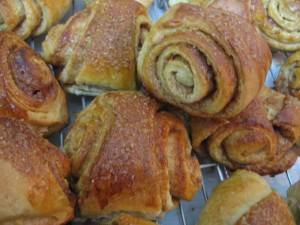 You might remember a famous episode of “Seinfeld” where Elaine is called into her boss’ office because she failed a drug test for opium. Elaine, surprised by the result, soon discovers that the reason was the poppy-seed muffins she often ate. Poppy seeds, as it turns out, contain the principal chemicals needed to produce opium and related drugs.
You might remember a famous episode of “Seinfeld” where Elaine is called into her boss’ office because she failed a drug test for opium. Elaine, surprised by the result, soon discovers that the reason was the poppy-seed muffins she often ate. Poppy seeds, as it turns out, contain the principal chemicals needed to produce opium and related drugs.
As funny as that episode of “Seinfeld” is, there is nothing funny about failing a breath test during a DUI stop because of the food you ate. Though we may be a society that uses some of the most technologically advanced devices in human history, the handheld breath testing devices used during most DUI stops are relics of last century. They are notorious for their unreliability, and are easily fooled by a number of different non-alcoholic foods, beverages, and household products.
How Your Food Choices Create False Positives
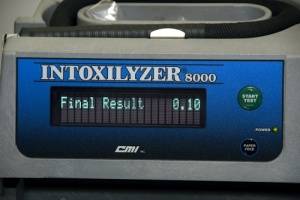
How is it possible that non-alcoholic foods and drinks can fool a device that detects alcohol? One reason is that many foods, beverages, and hygiene products contain trace amounts of alcohol. For example, mouthwashes often have an alcoholic ingredient, and medicines like NyQuil often use an alcohol base. Many food dishes use beer, liquor, or wine as an ingredient as well. While not enough to get you drunk, that tiny amount of alcohol might still register on a breath test device.
Another reason is that fermentation – the natural process by which microorganisms such as yeast turn sugars into alcohol – is not just used in the creation of alcoholic drinks. Fermentation processes are also often used to create preservatives that make foods last longer, and can even occur naturally in fruits that are ripe.
It also occurs in the making of certain baked goods and breads, often because the yeasts used in breads creates a residual amount of alcohol that is not always removed in the baking process. In fact, Phil Price, an Alabama DUI attorney, tested bread as a source of false readings by eating bread and using one of the most commonly used breath test devices on the market, the Intoxilyzer 5000. He found that the device registered him as having a blood alcohol level of 0.05%.1 Price’s results were confirmed by the Washington State Toxicology Laboratory, which published its findings in the Journal of Analytical Toxicology.2
Honey Buns are very likely to cause false readings. Recently, North Carolina attorney James McGee demonstrated to a local news station that just one Honey Bun could produce results as high as 0.015%.3
Products Known to Cause False Readings
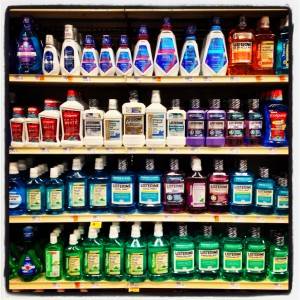
Though the full list of products that might give a false reading is always changing, there are some foods and products that are known to cause false positives in handheld breath testing devices:
Foods:
- Ripe fruit
- Honey Buns
- Breads (such as white or sourdough)
- Hot sauces
- Protein bars
- Sugarless gums
- Dishes prepared with or cooked in beer, liquor, or wine
Drinks:
- Energy drinks
- “Non-alcoholic” beer or wine
- Fermented sodas
Other Household Items:
- Medicines, such as cough syrups or sleep aids
- Asthma inhalers
- Vitamins
- Mouthwashes
- Breath freshener sprays
- Scented products used around the mouth, such as after-shaves or cosmetics
Keep Track of What You Eat
Watching what you eat is not only good dieting advice, but it also is good advice if you plan on driving. If you find yourself arrested for DUI because of a failed breath test, knowing what you ate can help your defense attorney build a case that your failed breath test was the result of something you ate, and not something you drank.
Contact the DUI Defense Attorneys at Wallin & Klarich Today

If you have been arrested for DUI, you will need an experienced and aggressive attorney to help you fight these charges. At Wallin & Klarich, our attorneys have over 30 years of experience successfully defending our clients accused of DUI. We work tirelessly to give our clients the best possible chance at successfully beating criminal charges.
With offices in Los Angeles, Sherman Oaks, Torrance, Tustin, San Diego, Riverside, San Bernardino, Ventura, West Covina and Victorville, there is an experienced Wallin & Klarich DUI defense attorney near you, no matter where you work or live.
Call us today at (877) 4-NO-JAIL or (877) 466-5245 for a free phone consultation. We will be there when you call.
1. Price, P., “Intoxilyzer: A Bread Testing Device?” 15(4) Drinking/Driving Law Letter 52, 1996.↩
2. Logan, B.K. and Distefano, S., “Ethanol Content of Various Foods and Soft Drinks and their Potential for Interference with a Breath-Alcohol Test”, 22 Journal of Analytical Toxicology 18, 1998.)↩
3. Devoe, Emily, “Certain foods may trick law enforcement breathalyzers,” WECT News, March 3, 2015, available at http://www.wect.com/story/28224984/certain-foods-trick-law-enforcement-breathalyzers↩


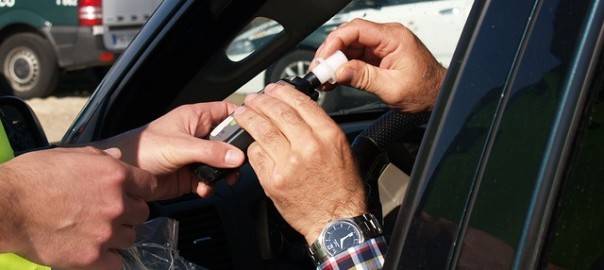
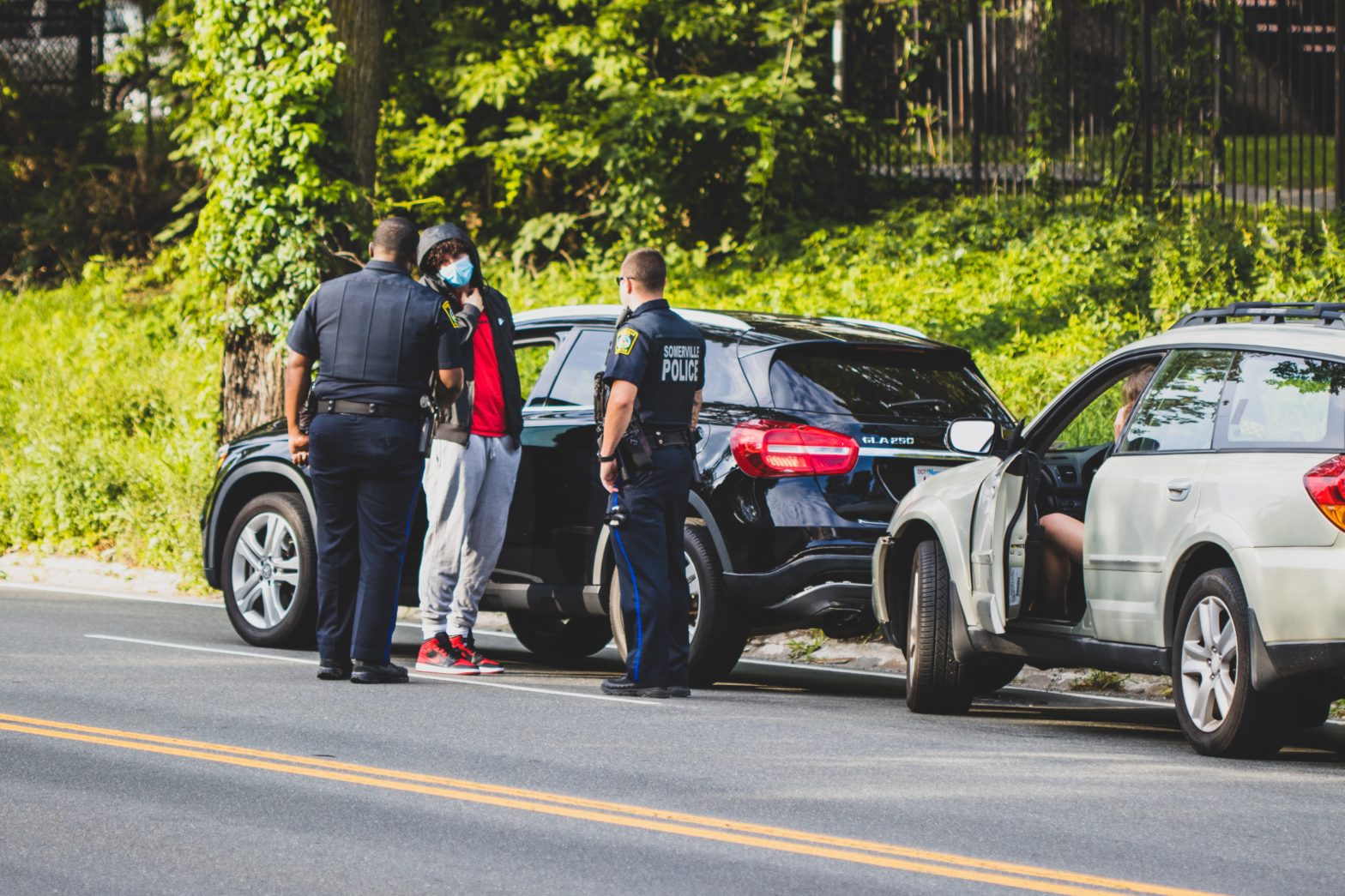
Hi, my name is Bart Stephens . I had an false positive reaction an lost a Great Job. Would like to talk*!?
My daughter got a first time DUI in November of last year (2017). She has done everything they said to do and she trying very hard not to slip up with anything. She went in for her routine blood and urine test and their saying it shows traces of alcohol. She has not had a drink of any kind and she’s scared to death that they will arrest her. She has two daughters and works a full time job. I’ve read some of the articals on the food and drinks that could possibly be the reason. Could you please help me with finding someone in our area to help her fight this. We live in Florida ( Ocala) area. Thank you so much for all that you do.
I take hydrocodone for my back will twice they said that I had alcohol in my urine I do not drink but I have been eating a lot of bananas and I made some banana bread and the bananas were really ripe so be careful she’s going to call me back to see if I have alcohol in my urine and if it says I do I will not get my pain medicine and I’m getting a little tired of this I really am thanks Debbie I really don’t know what to do